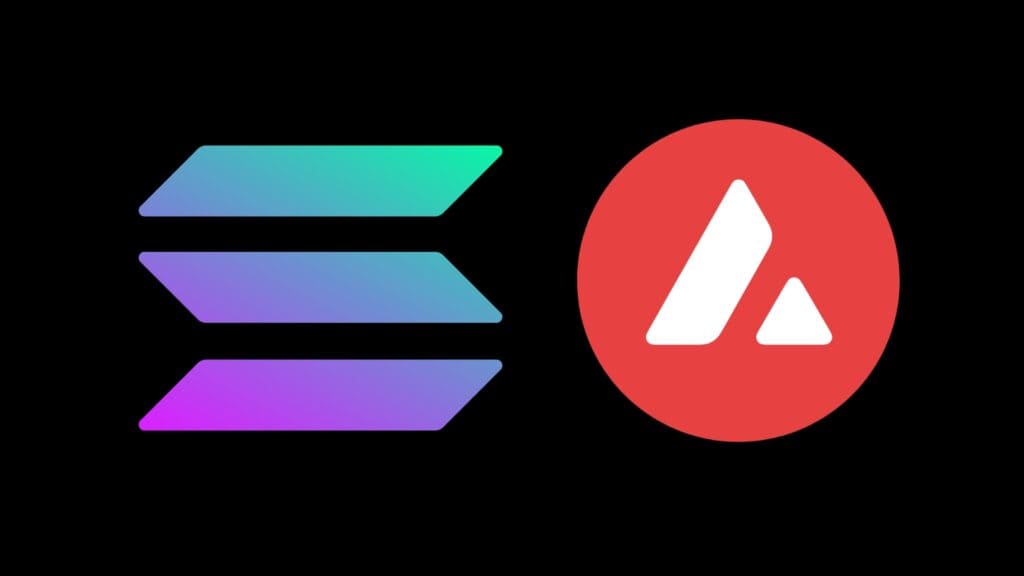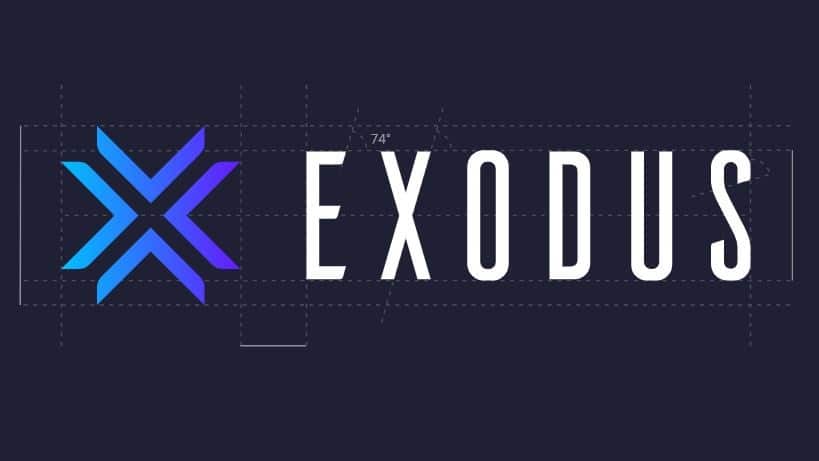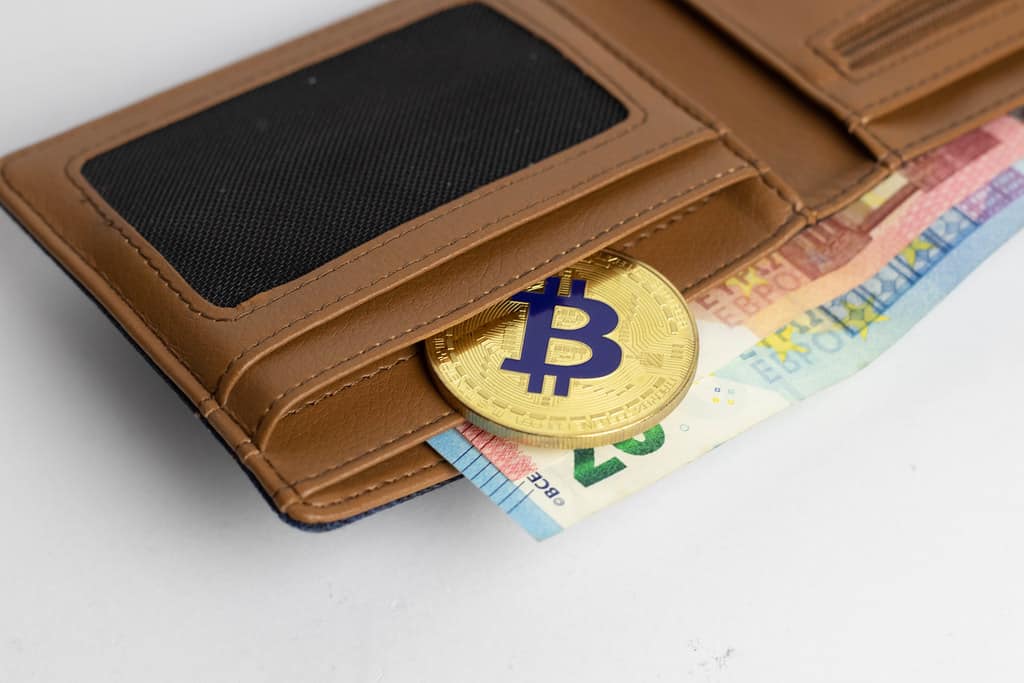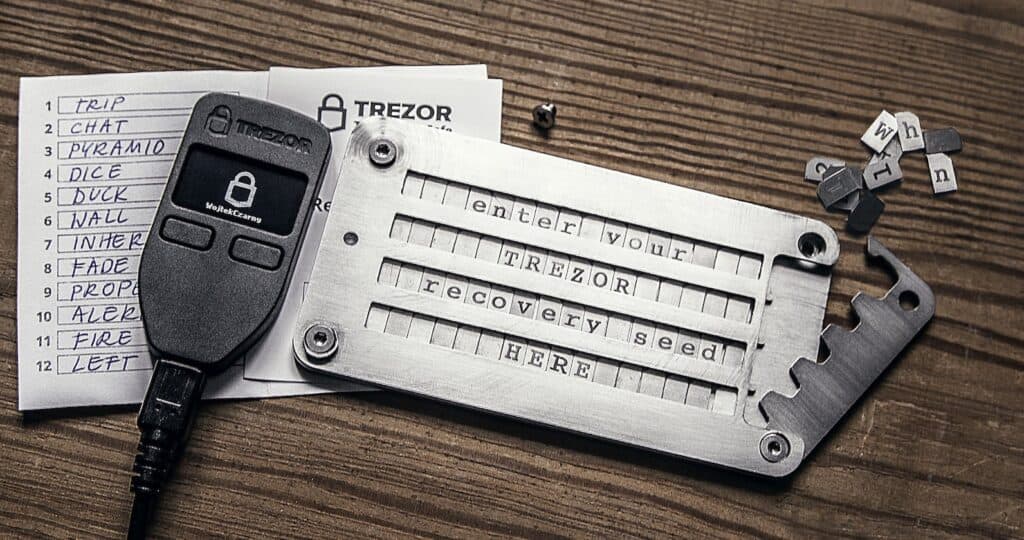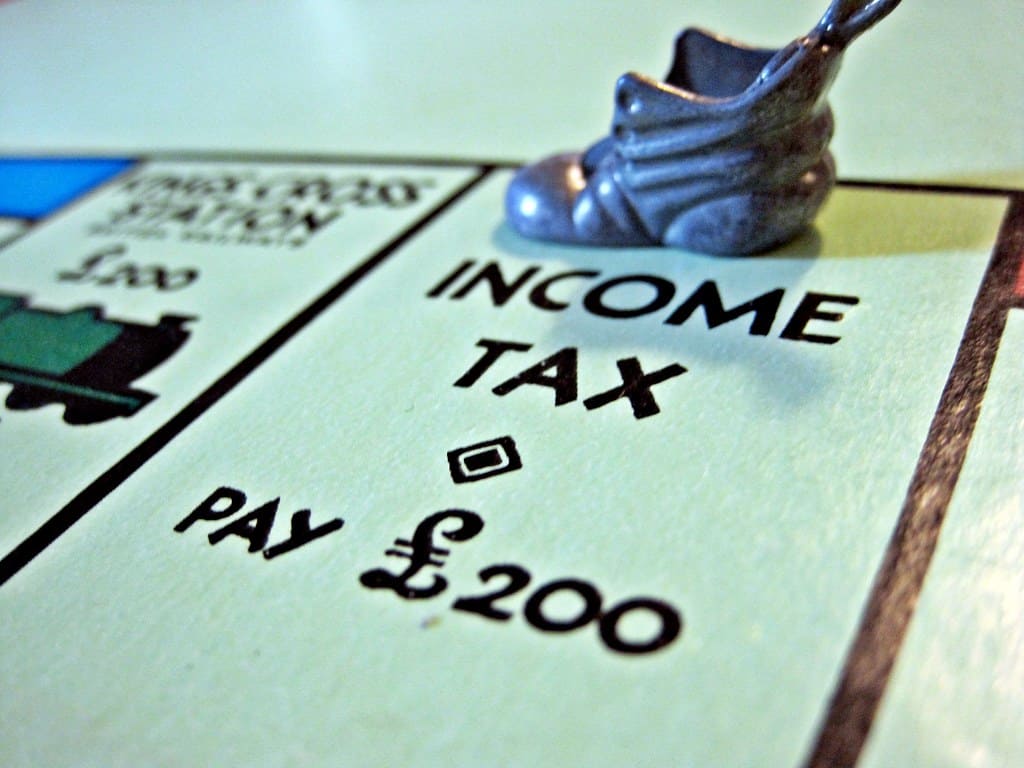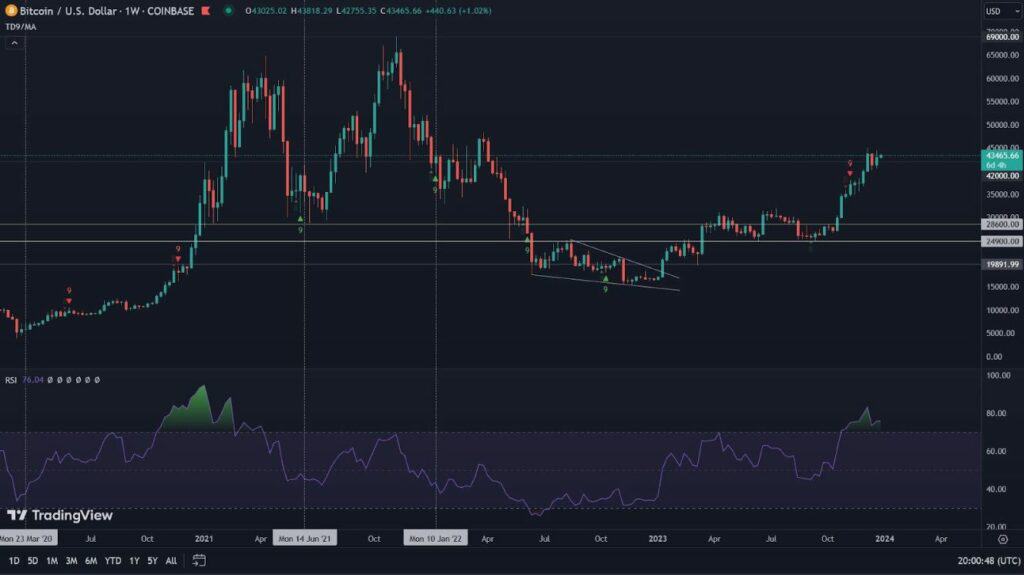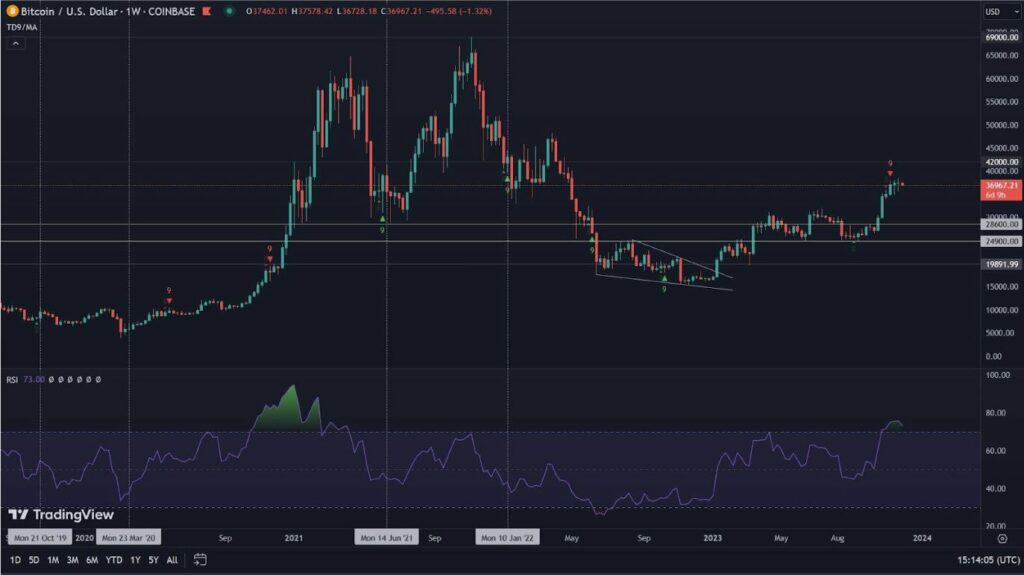Will the US IRS give up on treating cryptocurrencies derived from staking as income? That’s a possibility, as a Tennessee couple has been offered a refund for the tax paid on them.
An attempt to avoid a court hearing, or new guidelines?
The Internal Revenue Service (IRS) has offered two Tennessee miners a refund of the tax they paid resulting from staking the Tezos cryptocurrency. The case takes its origin back in 2019, when Joshua Jarrett made an income tax payment on the coins he staked. It was exactly 8876 XTZ. Jarrett could not accept the loss and, under an opaque law, asked the IRS for a refund of the money paid, arguing that it was not income but created property.
The IRS did not respond to his request, causing Jarrett to file suit against the agency. The case could have potentially dragged on for several more years, but IRS attorneys, pressured by the judge, sent Jarrett a letter of intent to refund the tax. The exact amount in question was $3,793, plus statutory interest.
This information made the Proof of Stake Alliance (POSA), which is supporting Jarrett in the lawsuit, very happy. It was a signal to the POSA that property generated through staking would not be considered income under the law.
It turns out, however, that Jarrett, at the urging of his lawyers, rejected the proposal for such a settlement. Instead, he has requested that clear guidelines be issued regarding the qualification of this type of profiteering, so that in the future no one will be in doubt as to whether staking generates income or creates property.
Breakthrough?
For those staking any cryptocurrencies within the United States, this is very important news. It will be recalled that staking is the process of approving transactions on networks based on the Proof of Stake (POS) consensus and reaping the benefits in the form of new coins. However, while they remain cryptocurrencies they should not be treated as income until they are sold to the dollar, or any other fiat currency. Preliminarily, it looks like Jarrett’s case will prove to be a watershed for other Americans involved in such activities. Most likely, with his case, an obscure law will be cleaned up.










